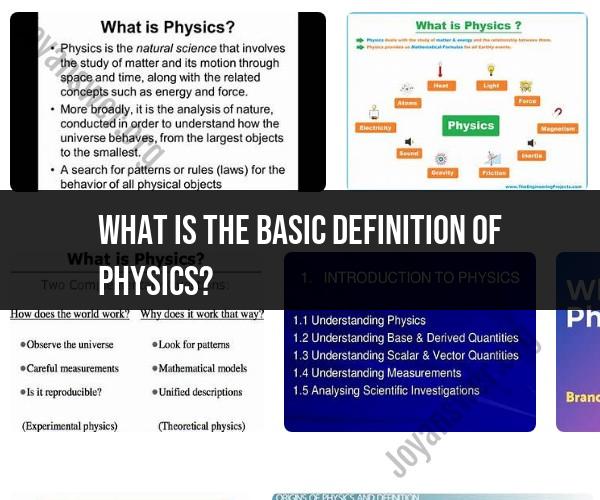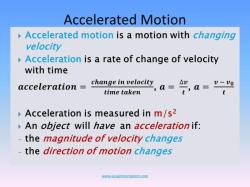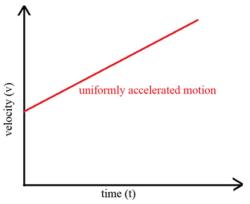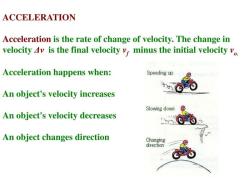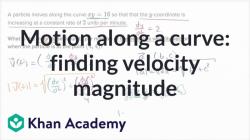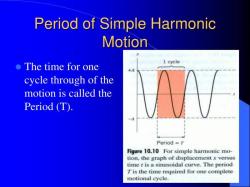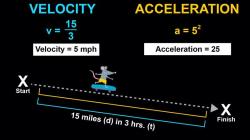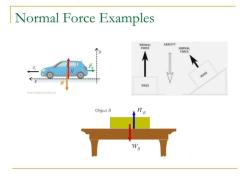What is the basic definition of Physics?
Physics is the natural science that seeks to understand and describe the fundamental principles governing the behavior of the physical universe. It is the study of matter, energy, motion, and the fundamental forces that act upon them. Physics aims to explain how the universe works by formulating and testing theories and principles through experimentation and observation. It encompasses a wide range of subfields, including classical mechanics, electromagnetism, thermodynamics, quantum mechanics, and relativity, among others, and plays a crucial role in advancing our understanding of the world and the universe at both macroscopic and microscopic scales.
Understanding the Essence of Physics: A Basic Definition
Physics is the most fundamental scientific discipline, with its main goal being to understand how the universe behaves. It is the study of matter, its fundamental constituents, its motion and behavior through space and time, and the related entities of energy and force.
In simpler terms, physics is the study of how everything works. It is the science that helps us to understand the world around us, from the smallest subatomic particles to the largest galaxies.
The Connection Between Physics and the Study of the Universe
Physics is essential for the study of the universe. It provides the foundation for our understanding of how the universe works, from the Big Bang to the present day. Physics is also used to study the formation and evolution of stars and planets, the nature of dark matter and dark energy, and the possibility of life beyond Earth.
The Role of Mathematics in Defining Physics
Mathematics is the language of physics. It is used to describe the physical laws that govern the universe. Physics theories are often expressed in mathematical equations, and experiments are designed to test these equations.
How Physics Relates to the Understanding of Natural Phenomena
Physics helps us to understand a wide range of natural phenomena, including:
- Gravity: Physics explains how gravity works and how it affects the motion of objects.
- Electricity and magnetism: Physics explains how electricity and magnetism work and how they interact with each other.
- Light and sound: Physics explains how light and sound waves travel and how they interact with matter.
- Heat: Physics explains how heat is transferred and how it affects the state of matter.
- Nuclear energy: Physics explains how nuclear energy works and how it can be used to generate power or create weapons.
The Historical Development of the Term "Physics"
The word "physics" comes from the Greek word "physikos," which means "of nature." The study of physics dates back to ancient times, when philosophers and scientists began to speculate about the nature of the universe.
The first major advances in physics were made during the Scientific Revolution in the 16th and 17th centuries. Scientists such as Galileo Galilei, Isaac Newton, and Johannes Kepler developed new theories and laws that explained many of the fundamental phenomena of nature.
Physics has continued to develop rapidly since the Scientific Revolution. New discoveries in physics have led to the development of new technologies, such as electricity, radio, computers, and nuclear energy.
Physics is a vast and constantly evolving field of study. It is essential for our understanding of the universe and the world around us.
